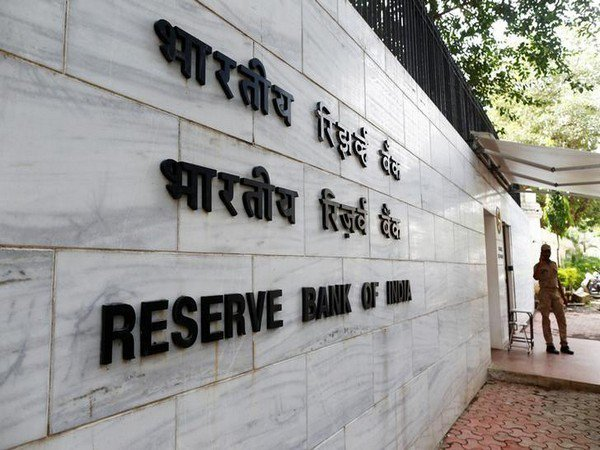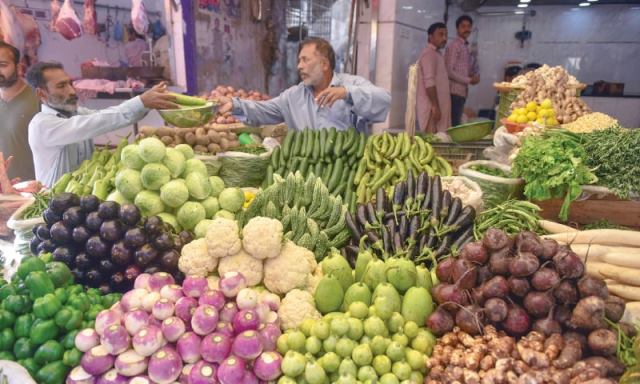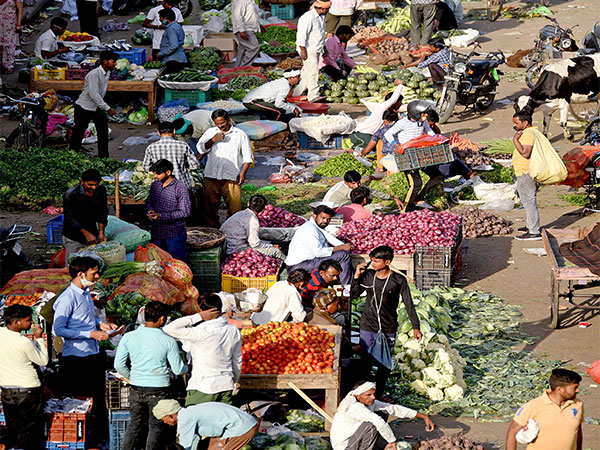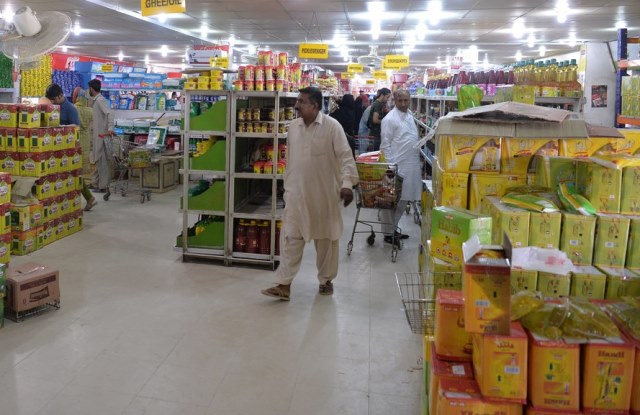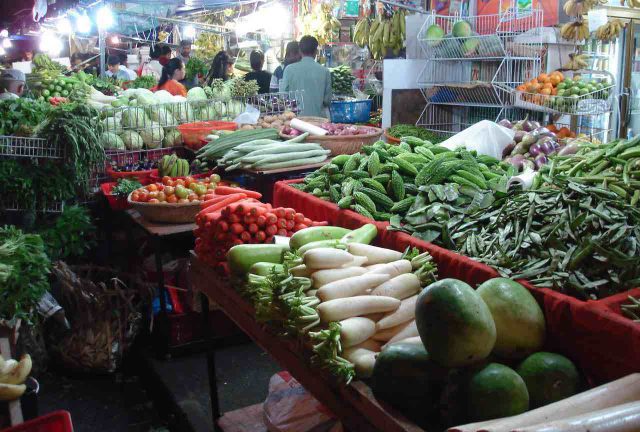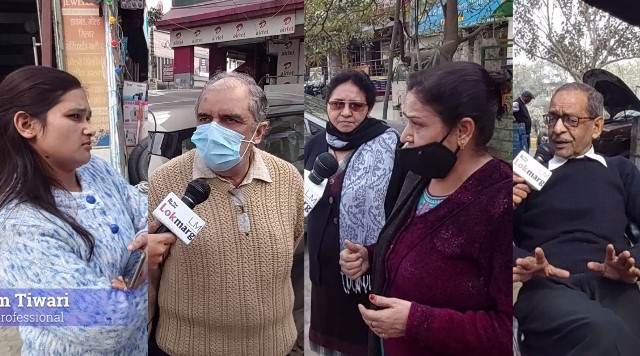Indian stock indices, which have been buoyant over the past several sessions, touched their all-time highs during Wednesday’s trade. The rise in domestic stocks is in tune with the global market rally and firm domestic macro fundamentals.
Sensex touched its record high of 63,588 points to later settle at 63,523 points, up 0.31 per cent.
Strong fundamentals including a firm GDP outlook, moderate inflation and strong purchases by foreign investors saw the markets trading in the green.
“Sensex rallying to an all-time-high is in tune with the global rally in stock markets. Most markets are at 52-week highs. Last year, global markets had corrected discounting a US recession early this year and its impact on global growth and corporate earnings,” said VK Vijayakumar, chief investment strategist at Geojit Financial Services.
Vijayakumar, however, cautioned a sustained rally beyond the record highs is difficult since current valuations of stocks in India are rich.
Sensex, so far, accumulated 4 per cent returns this year, rising about 23 per cent over the past 12 months.
“Benchmark Indices touched new highs today on the back of a sustained increase in capital expenditure by the government coupled with rising manufacturing PMI (index). Despite the increase in interest rates we are witnessing rising credit demand and India Inc today can boast of much better Balance Sheets than ever before,” said S Ranganathan, head of Research at LKP Securities.
Going ahead, the slow progress of the southwest monsoon may remain a concern for the financial markets. Monsoon, typically, has a bearing on the country’s economic outlook.
Southwest Monsoon hit India on June 8, arriving in Kerala a week after the scheduled onset of June 1.
The monsoon normally hits Kerala on June 1, with a standard deviation of about seven days. It is crucial, especially for the kharif crops. The country has three cropping seasons — summer, kharif and rabi.
Amid the markets posting record trading numbers, Prime Minister Narendra Modi’s ongoing US visit and possible defence deals between the two countries have brought the focus back on the Indian defence stocks. Defence stocks have performed quite well, with many accumulating manifold returns, over the past few years owing largely to the government’s aggressive indigenous defence manufacturing push.
PM Modi is currently in the US on his maiden state visit to the country at the invitation of President Joe Biden and First Lady Jill Biden. After attending Yoga Day celebrations at the UN headquarters later on Wednesday, PM Modi will travel to Washington DC where he will be accorded a ceremonial welcome at the White House on June 22. (ANI)
Read More: http://13.232.95.176/

